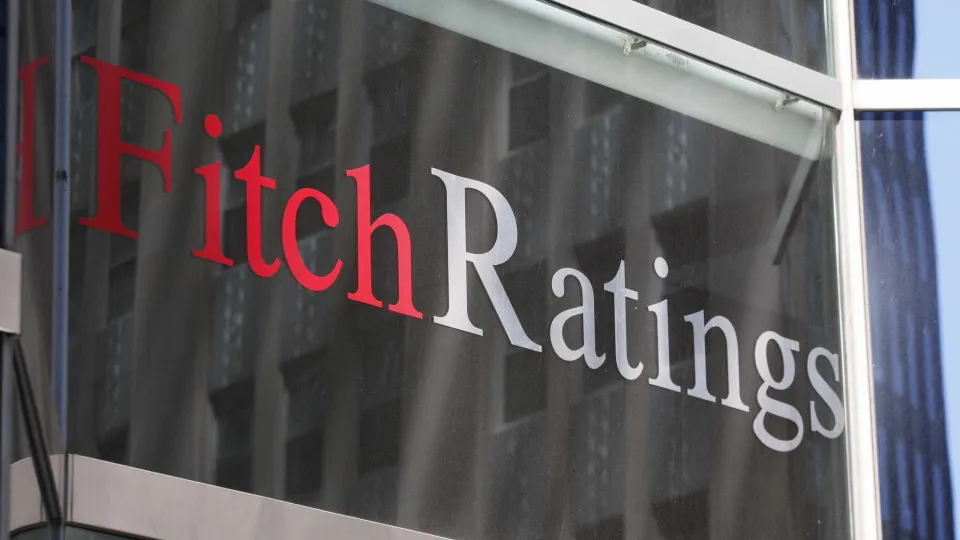
The rating review of Portugal by the Fitch agency, scheduled for this Friday, is causing a divide among analysts, with uncertainties about whether the rating will rise or remain unchanged despite positive outlooks.
“The probability of Fitch upgrading Portugal’s rating this Friday is high. The agency currently maintains the rating at A- with a positive outlook, which signifies recognition of solid fundamentals and leaves the door open for an upgrade,” highlighted Paulo Monteiro Rosa, senior economist at Banco Carregosa.
However, he noted, “it is not impossible that Fitch might choose to wait a few more months, first confirming the budget execution of 2025 and the approval of the 2026 budget.”
On the other hand, Vítor Madeira from XTB believes “it is more likely that Fitch will maintain Portugal’s sovereign rating at A-, with a positive outlook,” pointing out that “despite favorable developments in some indicators, there are not yet sufficiently robust and consistent evidences to justify an upgrade to A.”
The analyst further added, “the projected economic growth for the coming quarters is moderate, the fiscal balance, although positive, needs to be confirmed in the medium term, and the debt trajectory as a percentage of GDP, although declining, is expected to lose momentum between 2025 and 2028” and “remains above 90% of GDP,” factors that make it “premature to expect an immediate improvement.”
Paulo Monteiro Rosa also pointed out that “the successive budget surpluses, the downward trajectory of public debt, which should fall below 90% of GDP in 2026, and the fact that S&P preempted with an upgrade to A+ at the end of August add additional pressure for Fitch to bridge this gap.”
According to the senior economist at Banco Carregosa, “the market has already reflected part of this expectation,” indicating that the spreads of Portuguese debt relative to German debt “are at lows from 2008, around 40 basis points, highlighting investor confidence.”
Vítor Madeira believes that Fitch will consider issues such as the labor market, which “continues to show positive signs”, GDP growth, which “slowed down in the first quarter compared to the fourth quarter of 2024, but recovered in the second quarter,” and public debt relative to GDP which “should continue to decrease, albeit at a slower pace supported by an excessive tax burden.”
Paulo Monteiro Rosa cites “fiscal solidity, debt trajectory, and market confidence” as assumptions for Fitch’s review, also indicating “external variables, such as the European framework, the evolution of ECB’s monetary policy, and the geopolitical context” but stressing that “internal indicators clearly point to strengthened confidence in the sustainability of Portuguese public finances.”
The analysts also point out potential risks for the national rating, with Vítor Madeira highlighting “moderate growth of the European economy,” as well as “the expected slowdown in the pace of public debt reduction in the coming years.” According to the XTB analyst, “the governmental upheavals following the government’s fall can again generate political instability,” also mentioning “risks linked to budgetary pressures” and a geopolitical context that “remains worrying, which may inflate fuel prices and cause further price shocks.”
Paulo Monteiro Rosa emphasized, on the other hand, “the external framework” that might lead to “a deterioration of financing conditions, whether due to geopolitical tensions or ECB’s monetary policy decisions,” pointing out that “the most relevant risk at the moment comes from France.”
DBRS rates the sovereign debt at A (high) and Moody’s at A3, while Fitch currently rates it as A-. Meanwhile, S&P was the last agency to rate, on August 29, and upgraded the rating from A to A+.




